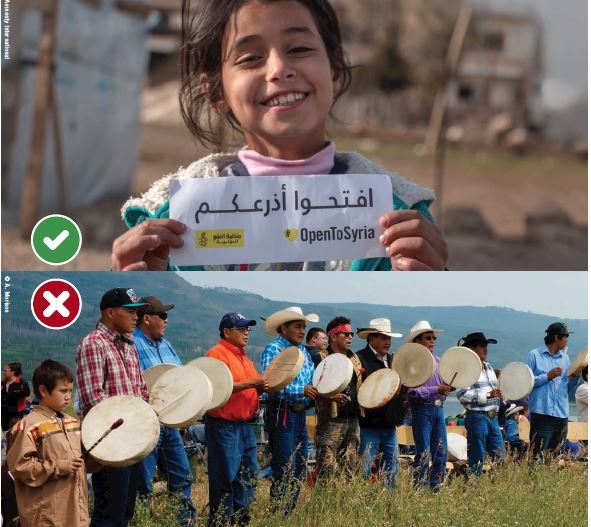The federal government has come halfway in improving the country’s human rights record. A year-end Report Card assessment by Amnesty International finds notable progress on half of the human rights recommendations included in the organization’s December 2015 Human Rights Agenda for Canada. The government has, however, stumbled or failed when it comes to the other half. Protection of Indigenous rights are among the areas where the Trudeau government has faltered most notably, giving rise to increasing levels of concern.
“What we’ve seen so far is a mixed bag of very notable successes, but also much room for improvement in the year ahead,” said Alex Neve, Secretary General of Amnesty International Canada’s English Branch. “There has been heartening progress on files ranging from leadership in the global refugee crisis, protection of the rights of transgender Canadians and renewed international engagement against the death penalty. But we have also been dismayed by a number of the Trudeau government’s shortcomings, including approval of a multi-billion dollar arms sale to Saudi Arabia, lack of progress on corporate human rights accountability and serious outstanding questions related to the protection of Indigenous rights.”
Read More: Amnesty International’s 2-page summary of Canada’s human rights record in 2016
Take Action: Sign the Petition demanding Prime Minister Trudeau respect Indigenous rights and halt the Site C Dam
In December 2015, Amnesty International Canada released Defending Rights for All: A Human Rights Agenda for Canada, outlining top priorities for the new government’s first year in power and other recommendations to chart the way for the government’s full term. The assessment released today reviewed a representative sample of 30 of the 59 recommendations in the Human Rights Agenda and found that 12 have either been implemented or are satisfactorily underway. A further 12 are in progress, but face uncertainty or some degree of concern. However, six recommendations have seen no progress or have been marked by serious concerns. Stalled progress on Indigenous rights in Canada gives rise to the greatest concerns.
“The government has made significant and encouraging commitments to uphold Indigenous rights in the last year, but there has been a demonstrated failure to match many of its key promises with concrete action,” said Béatrice Vaugrante, Director General of Amnesty International Canada’s Francophone Branch. “Worse still, some of the decisions taken in 2016, particularly the federal government’s approval of continued construction of the Site C dam in British Columbia, are completely at odds with Prime Minister Trudeau’s promise of a new relationship with First Nations, Inuit and Métis people, as well as the principles enshrined in the UN Declaration on the Rights of Indigenous Peoples.”
In May, Canada’s announced its support “without qualification” of the UN Declaration on the Rights of Indigenous Peoples, but there has been no progress toward implementing its obligations into domestic law and policy. The government’s announcement of a National Inquiry into Missing and Murdered Indigenous Women and Girls was equally a milestone, but the terms of reference leave room for serious concerns and new avenues for resolving outstanding cases have not been created. Similarly, Canada’s recent announcement that it will no longer pursue the Northern Gateway Pipeline is a victory for
Indigenous rights but other projects, notably the Site C dam, continue to move forward without Indigenous consent. Of the eight recommendations reviewed which pertain to Indigenous rights in Canada, only one has been implemented while seven face uncertainty, lack of progress or serious concerns.
“The world faces a range of pressing human rights concerns, including the unrelenting bombardment of civilians in Syria, an unprecedented global refugee crisis, a siege against human rights defenders on virtually every continent and a deeply troubling rise in racism and xenophobia well-evidenced in several recent elections and referendums,” said Alex Neve. “In that climate, human rights progress in Canada has been encouraging. Now is the time for Canada to provide, across all human rights, the principled leadership that Prime Minister Trudeau has promised and the world, more than ever, so desperately needs.”
For media requests, please contact:
Jacob Kuehn, Media Relations (Ottawa), +1 613-744-7667 ext. 236, jkuehn@amnesty.ca













